Palo Alto Man Fights Cancer With Human Milk
A Palo Alto physics scientist who was diagnosed with prostate cancer almost a decade ago has had remarkable success with a unique self-treatment using human breast milk that is being adopted by more and more cancer patients.
62-year-old Palo Alto resident Howard Cohen began his unorthodox self-treatment shortly after he was diagnosed with prostate cancer in 1999. A physical theorist who now works in software engineering, Cohen decided to educate himself about the disease in the hopes of finding an alternative way to treat the cancer.
While researching possible methods of fighting prostate cancer, he read about a Swedish study that indicated a compound in human milk is lethal to tumor cells in rats.
Knowing that human milk boosts a baby's immune system, Cohen reasoned that breast milk could help him in his battle against cancer.
He saw an almost immediate improvement in his blood tests after a friend who was a new mother began giving him two ounces of breast milk a day. Specifically, his PSA or prostate specific antigen count, a chemical produced only by prostate cells and prostate cancer cells made fell dramatically. He continued to take the milk and soon had a PSA level approaching normal.
Cohen eventually had to find a new supplier, the non-profit Mother's Milk Bank in San Jose.
"The thing that convinced me of that is when my initial donor weaned, the PSA went right up. As soon as I started taking mother's milk [again], it came back down," says Cohen.
The Mother's Milk Bank has given prescribed milk to 60 cancer patients since 2000 with positive results.
"Although the research is not there yet, hopefully we'll find somebody or somebody will be intrigued enough to look at this," says Pauline Sakamoto, the Mother's Milk Bank Executive Director.
A lot of people -- including cancer patients and "alternative medicine" advocates -- are wondering why there continues to be an absence of research studies or group conducting clinical trials using breast milk for cancer treatment given all the positive anecdotal evidence.
Professor Carlito Lebrilla heads a research program at UC Davis studying all milk nutrition. He says that research on the benefits of human breast milk has been neglected. He also points out cancer research focuses on 'killing cells' not boosting immunity, but new technology could change things.
"The technology is now present and I think that what you'll find in the next few years is that mother’s milk is really going to deliver a lot of very interesting compounds," says Lebrilla.
UC Davis food chemistry Professor Bruce German agrees, but also says Cohen might be improving on his own.
"It's not necessary that the breast milk itself is the basis of his success but other things he's doing that are happening spontaneously," says German. “But it's intriguing. It does beg the question 'Why don't we understand it better?'"
Howard Cohen says that is a question he'd like to see answered in his lifetime.
62-year-old Palo Alto resident Howard Cohen began his unorthodox self-treatment shortly after he was diagnosed with prostate cancer in 1999. A physical theorist who now works in software engineering, Cohen decided to educate himself about the disease in the hopes of finding an alternative way to treat the cancer.
While researching possible methods of fighting prostate cancer, he read about a Swedish study that indicated a compound in human milk is lethal to tumor cells in rats.
Knowing that human milk boosts a baby's immune system, Cohen reasoned that breast milk could help him in his battle against cancer.
He saw an almost immediate improvement in his blood tests after a friend who was a new mother began giving him two ounces of breast milk a day. Specifically, his PSA or prostate specific antigen count, a chemical produced only by prostate cells and prostate cancer cells made fell dramatically. He continued to take the milk and soon had a PSA level approaching normal.
Cohen eventually had to find a new supplier, the non-profit Mother's Milk Bank in San Jose.
"The thing that convinced me of that is when my initial donor weaned, the PSA went right up. As soon as I started taking mother's milk [again], it came back down," says Cohen.
The Mother's Milk Bank has given prescribed milk to 60 cancer patients since 2000 with positive results.
"Although the research is not there yet, hopefully we'll find somebody or somebody will be intrigued enough to look at this," says Pauline Sakamoto, the Mother's Milk Bank Executive Director.
A lot of people -- including cancer patients and "alternative medicine" advocates -- are wondering why there continues to be an absence of research studies or group conducting clinical trials using breast milk for cancer treatment given all the positive anecdotal evidence.
Professor Carlito Lebrilla heads a research program at UC Davis studying all milk nutrition. He says that research on the benefits of human breast milk has been neglected. He also points out cancer research focuses on 'killing cells' not boosting immunity, but new technology could change things.
"The technology is now present and I think that what you'll find in the next few years is that mother’s milk is really going to deliver a lot of very interesting compounds," says Lebrilla.
UC Davis food chemistry Professor Bruce German agrees, but also says Cohen might be improving on his own.
"It's not necessary that the breast milk itself is the basis of his success but other things he's doing that are happening spontaneously," says German. “But it's intriguing. It does beg the question 'Why don't we understand it better?'"
Howard Cohen says that is a question he'd like to see answered in his lifetime.

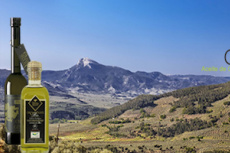
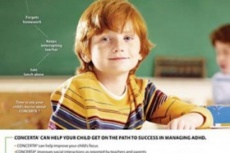
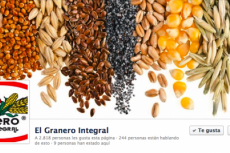
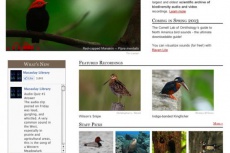
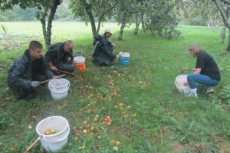
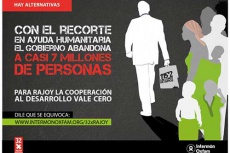
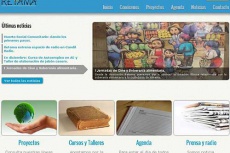
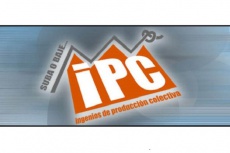
Añadir nuevo comentario